The views expressed in our content reflect individual perspectives and do not represent the authoritative views of the Baha'i Faith.
In 1918, the First World War ended and the world’s militaries began to return home. In Europe new borders were drawn and new nations were born. But then there arose a fresh calamity: the flu pandemic spread across the world. In two years influenza claimed 50 to 100 million lives worldwide–three to five percent of the world’s entire population.
At that time my grandmother was a student at the Conservatory of Music in Lisbon. She once told us that in her class half of her colleagues died with the flu. Can you imagine losing half of your school or workmates?
Recently, helping one of my children study history, we reviewed the episode of the great earthquake that devastated Lisbon in 1755. In that year, an earthquake–followed by a tsunami–destroyed the Portuguese capital, razing thousands of buildings, causing multiple fires and killing thousands of people.
These are just two examples of natural disasters where “natural suffering” assumed extreme proportions. When these extreme phenomena happen, we all have questions:
Is it really necessary that the world has such overwhelming and distressing cases of extreme suffering? Is it really necessary that devastating famines starve millions of people?
Why are there natural disasters that can destroy entire cities and kill thousands of people in a short period of time? And what is the purpose of pandemics that kill millions of people?
In these extreme events, where is the benefit to the suffering souls? Could there be any spiritual development resulting from such relentlessly destructive processes?
The search for answers to these questions should take into consideration the evolution of humanity. My personal interpretation of the history of mankind tells me that, as a species, we humans are still learning how to live on this planet. We have not developed ways to protect ourselves from all of the earth’s destructive natural disasters, although we’re making progress in that area–science and material development have helped us to reduce the suffering caused by these extreme natural phenomena. That rapid progress has emerged despite that fact that modern science is only 500 years old, and the mass application of science’s benefits is even more recent.
If we compare the effects of some natural calamities in the past and present, we see significant evolution. For example, today we know how to employ several earthquake-resistant construction techniques that minimize damage and protect inhabitants. Several deadly diseases have virtually disappeared due to large public health campaigns and improved hygiene and healthcare conditions. We’ve developed and begun using early-warning systems for tornadoes and tsunamis.
On one hand, we could say human intellect is challenged by these natural calamities; we develop sciences and techniques that minimize the impact of such extreme events. On the other hand, the Baha’i writings tell us that these natural disasters should lead us to spiritually reflect. When referring to the catastrophic 1906 earthquake in San Francisco Abdu’l-Baha wrote:
Those were indeed dire events in San Francisco. Disasters of this kind should serve to awaken the people, and diminish the love of their hearts for this inconstant world. It is in this nether world that such tragic things take place: this is the cup that yieldeth bitter wine. – Selections from the Writings of Abdu’l-Baha, p. 81.
The extreme suffering caused by natural events always challenges us by calling for a dual response: developing the outward means to mitigate their effects and help the victims; and reflecting inwardly on the fact of our fragile existence, asking ourselves whether it makes sense to have an exaggerated attachment to material things.


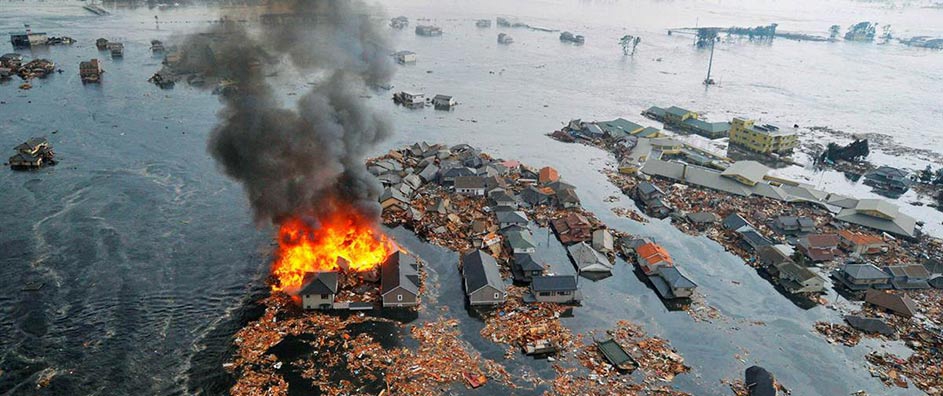
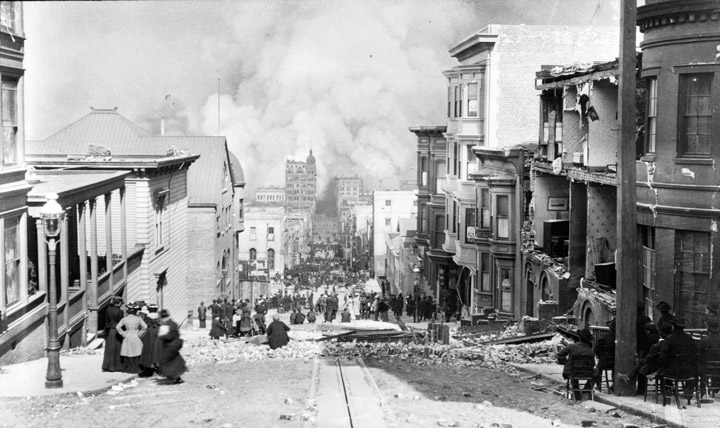
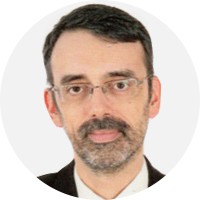

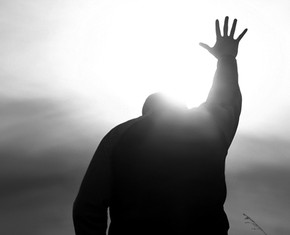
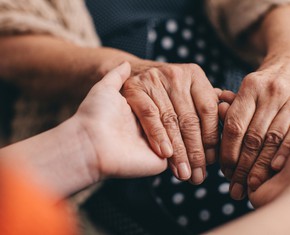









Comments
Sign in or create an account
Continue with Googleor